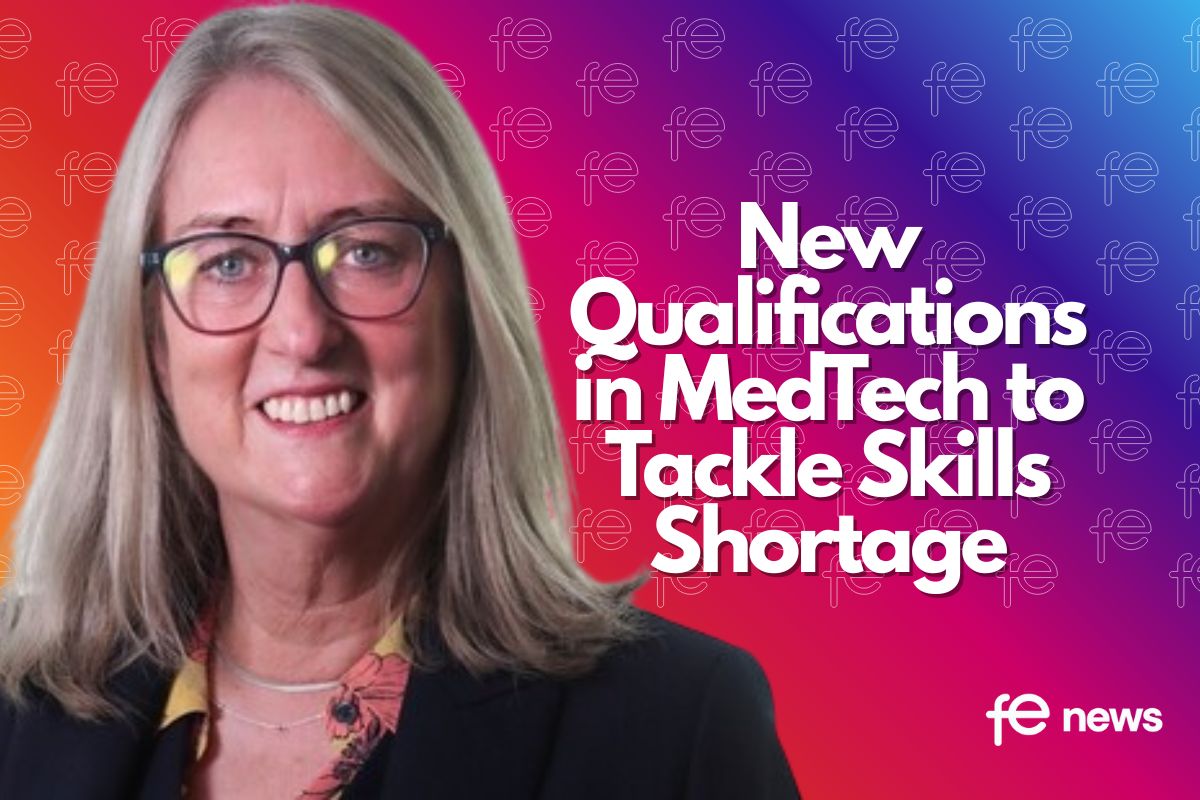If the Government is serious about levelling up, this budget needs to deliver for FE

Further Education in 2020: An Agenda for Change
It was on; then speculation mounted it would be called off – but as far as we know the government will deliver its budget on March 11th.
Perhaps on this day, we will find out whether the governments commitments to “levelling up” is merely a gimmicky soundbite, or whether there is something more substantive behind it.
Further education will be grateful for a budget that takes the levelling up notion seriously because the sector has a big role to play in helping to actually achieve it.
It is rightly acknowledged that colleges have been in dire need of investment after a decade of cuts. There is, frankly, a growing realisation of this in the corridors of power. Everyone from the Prime Minister to the education secretary has spoken in glowing terms about the importance of further education colleges and how important they are to the productivity and social mobility agendas.
The increase to the base rate of funding for 16-18-year olds on study programmes last year by £188 was welcome, but as was widely acknowledged at the time, this did not go far enough. So, it remains to be seen whether the budget will respond with half-measures or if there will instead by a renewed commitment to FE.
We see a range of issues that need attention from in this budget as so we have published a new document, Further Education in 2020: An Agenda for Change, which sets out some of the critical areas where funding increases and flexibilities are needed.
We see, in principle, four key areas, where more funding or flexibility are needed; these include:
- Apprenticeships
- Adult skills
- T levels and technical education, and
- Capital funding
1. Apprenticeships
On Apprenticeships, there is an urgent need to invest more money for SME apprenticeship access. It is encouraging to see that the new Chief Executive of IfATE Jennifer Coupland, has called on the government to invest an extra £750 million in SME apprenticeships, yet whether this will translate into a much-needed boost in the budget remains to be seen.
We’ve also recommended that the government needs to review the use of levy funding for levels 6-7 apprenticeships. It is an issue that is becoming one of the most contentious talking points but we need to have an honest and open review of how the levy is working – should the levy be used to subsidise the cost of a degree for someone that already has one?
Again, we are starting to see some interesting ideas around this point. Labours New Shadow FE and HE minister, Emma Hardy, has talked about requiring co-investment for anyone doing a degree apprenticeship who is over 25, and at the end of last week the Education Secretary wrote to the IfATE Chief Executive urging a review into the popular level seven Senior Team Leader standard, otherwise dubbed the “MBA Apprenticeship.”
So, whatever the other issues the levy is seeking to address, some big changes around the apprenticeship system are needed.
2. Adult skills
In other parts of the document, we call on the budget to extend flexibility for adult skills. Drawing on some of the points made by the Augar review, there is just cause to make that the first full level two or three qualifications for adult learners should be free of charge.
The whole levelling up idea implies that the government is interested in social mobility, so flexing some of the access requirements around adult education seems to make sense from this point of view.
3. T levels and technical education
In other parts of the document, we also talk about the wider agenda around technical education and T levels. We have been supportive of the campaign by the SFCA to “Raise the Rate” for 16-18 study programme funding.
It can’t be right that colleges have for so long been so underfunded to deliver the core part of their offer to the community. Granted the modest increase last year was welcome, but this budget needs to go further. We think raising the rate to £5,000 would be ideal, but anything around £4,700 would be a welcome development for the sector.
On the agenda around T levels, we remain supportive of what T levels are trying to achieve, but we are very aware of some of the risks that are posed by a mass culling of qualifications at level three and below, when T levels, as they stand, remain an unproven commodity.
4. Capital funding
Granted, the long-awaited National Infrastructure Strategy appears to have been delayed but this budget, the first since 2018, is a hotly anticipated event.
So, we wait with anticipation to see what the budget will bring for the further education sector. We have ostensibly moved past the age of austerity, and so there is some moderate optimism that the budget might be good news for FE.
After all, investing in FE is an investment in the future of communities across the UK.
Ian Pretty, CEO at Collab Group











Responses